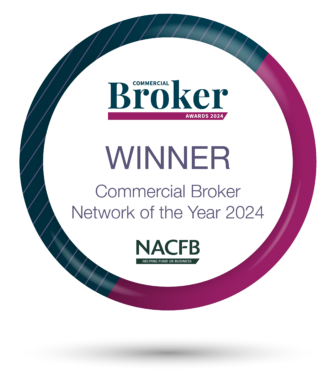Starting a new business poses different challenges, and you need to do lots of research first. There are different structures for how to set up your venture, each one having advantages and disadvantages depending on the size and nature of your business and your long-term plans.
Below we give you a summary of the key legal structures you might be thinking about.
Sole trader – the simplest structure (also known as ‘self-employed’), and the most popular for start-ups. You pay income tax on profits instead of corporation tax, profits over £45,001 are taxed at 40% and over £150,000 at 45%. There is little form-filling required and you have full control over your business as it is only required to complete a profit and loss account. The downside is the unlimited liability and may be more difficult to sell your business.
Partnership – Is similar to a sole trader but there needs to be at least two people to form it, although there is no limit on the number of partners. Each partner registers as self-employed but submits separate tax returns. It offers simplicity and flexibility. Everyone is jointly responsible for debts and damages, and owners are not legally or financially responsible for the partnership. If something does not go as planned, the responsibilities are linked to the business and not to the individuals unless a personal loan is involved.
Limited company – it’s a privately managed business owned by shareholders and managed by the director(s). It can be created when you incorporate your business as a limited company and create a separate legal entity. Corporation tax is at 19% on profits and reduces personal financial risk. If something goes wrong you are only responsible for your share in the business. It involves more administration but can be good for a business in the long run for greater stability and ease of trading. It is easier to raise finance and to sell the company.
Limited liability partnership – popular among accountants and legal firms and are similar to ordinary partnerships. LLP’s must have two ‘designated members’ minimum and if it fails, each member is liable for the value of his shares. There must be an agreement stating the amount of shares each partner holds along with the cost of each share. It offers flexibility and the advantages of limited company and partnership combined but partners must disclose income and start trading whiting a year of registration.
It is recommended to find qualified advice on the most suitable structure for your business regardless of its maturity. Of course, that advice should be tailored to your circumstances and what you want to achieve, and the best solution for you might change over time.
How can ASC help?
The process of commercial finance can be tricky but having a broker can significantly increase your chances of success in securing commercial finance. ASC can always make it easier for you by simplifying the steps and tailoring your application depending on the type of finance required.
ASC commented “As one of the leaders in commercial finance in the UK, we speak daily to small business owners who often don’t realise how a broker can help them. By speaking to someone who understands the marketplace, its processes, and knowing which lenders have the appetite to lend, we ensure that businesses are presented with options which work for them.”
ENDS
For further information please contact:
ASC Finance for Business
Tel: 020 7616 6628
www.asc.co.uk


